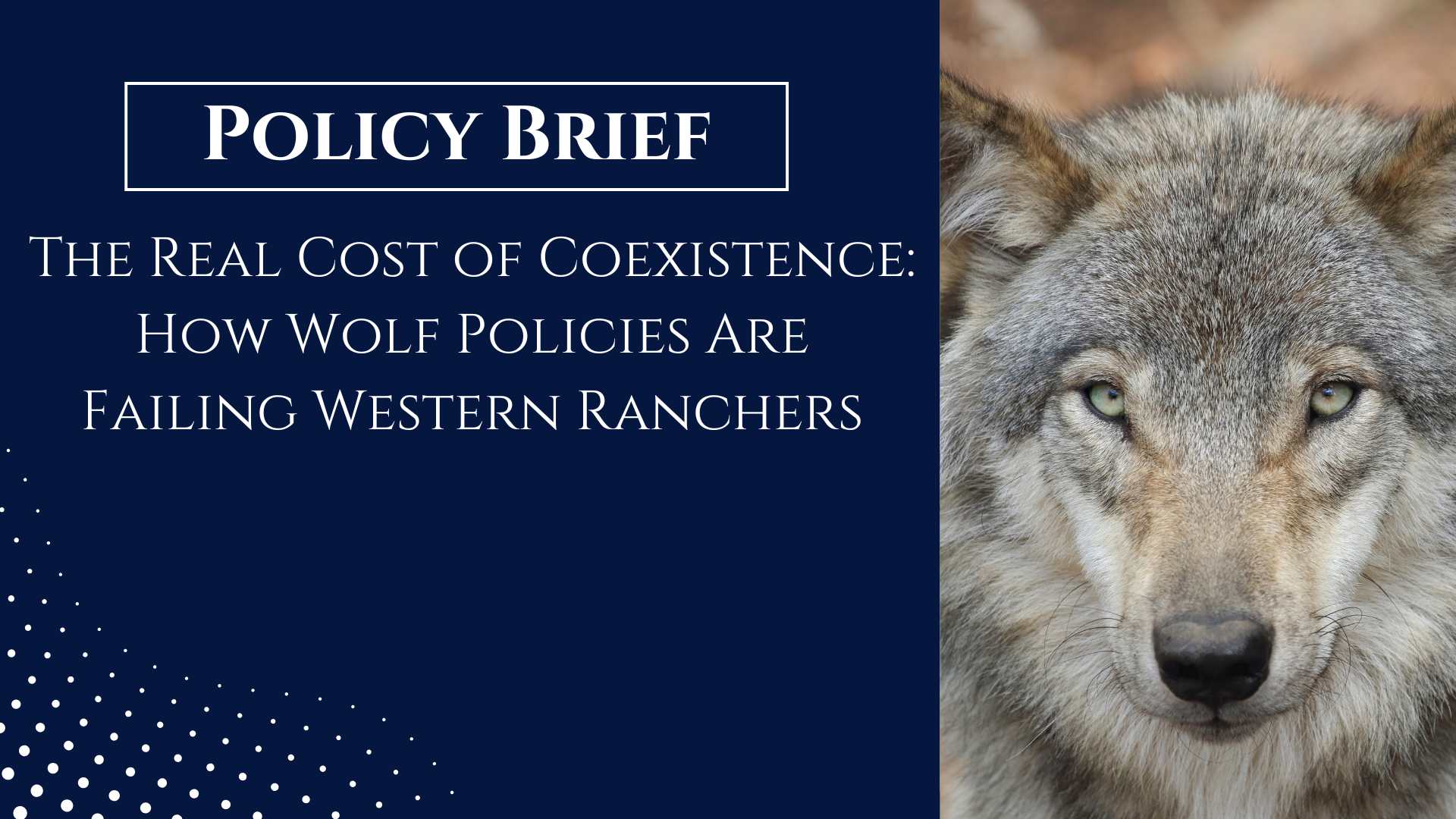The Washington State Department of Agriculture is proposing a cost cut for livestock brand inspections for “identified cattle” from $1.30 per animal to $0.80 per animal and is set to host a hearing May 24 on the topic.
According to the Washington State Department of Agriculture (WSDA), the cost cut will save livestock producers money and maintain the solvency of the livestock inspection program at the same time.
The saying in cattle country goes, “trust your neighbors but brand your cattle.”
The problem our state faces is the need to both identify livestock and log animal disease traceability information at the same time. Brands are a useful and necessary tool for animals that spend a portion of their lives away from the watchful eyes of their owners. RFID or EID tags are ear tags that provide a digital storage mechanism for animal disease traceability.
Washington state is home to some 9,000 ranch families raising approximately 230,000 head of beef cattle. In addition to our robust beef industry, there are more than 400 dairies in Washington state housing approximately 275,000 dairy cows. The care and raising of these animals vary based upon the practices of the livestock owner but, generally, beef cattle are on range pasture for a portion of the year while dairy cattle are handled every day.
The inspection cost-cutting proposal from WSDA is only applicable to “identified” cattle, or cattle that have an RFID/EID tag and may be branded. Leaving “unidentified” cattle, or cattle that do not have an RFID/EID tag or a brand, still set to pay a fee of $4 per animal. The proposal notes the goal is to wean livestock producers off the need to have inspectors present for private cattle sales and incentivize them to use the ECTR system instead.
However, it still disproportionately punishes dairy operators and small livestock operations, neither of which have a particular incentive to brand their cattle or use an RFID/EID tag, by not addressing the $4 per animal fee for all unidentified cattle.
The livestock inspection department should set a single flat rate for all cattle to better encourage use of RFID/EID tags and logging of private sales via ECTR. A single per animal fee may help foster the use of RFID/EID tags by livestock owners who have resisted the transition from a blank plastic tag to the electronic tags.
Unlike many cattle-heavy states and our direct neighbors, Washington hasn’t figured out how to create an inspection system based on a flat fee per animal. Several other western states – Idaho, Oregon, Montana, Nevada, and Colorado – all charge a flat fee per animal with an additional call-out service fee for any inspections that occur on a ranch rather than in a sale barn. The flat fees charged range in price from $0.55 per head (Colorado) to $1.19 per head (Idaho). Other fees like check-off assessments and animal disease traceability are also added on to those costs.
RFID/EID tag adoption is the next step in cattle identification practices. The U.S. Department of Agriculture has reinvigorated its proposal to make the use of the tags mandatory for beef cattle, dairy cattle, and bison for interstate movement. Electronic tags are already a standard requirement for livestock being sold into Canada.
The adoption of an electronic tag does not preclude ranchers in our state from branding their cattle. Branding should remain common practice for cattle that are being turned out on range pastures as added insurance for proof of ownership in the event tags fall out and need to be replaced.
A single, per animal rate that does not appear to be punitive to certain sectors of the industry while actively encouraging producers to adopt technology that will allow them to be better prepared for the future, is just good policy. It is a policy that ensures our food safety, our state’s livestock marketability, and provides all livestock producers with true incentive to move toward a digital system of ownership and disease tracking of their herd.
People interested in participating in the public hearing regarding the cost cutting proposal, can find the information here.






